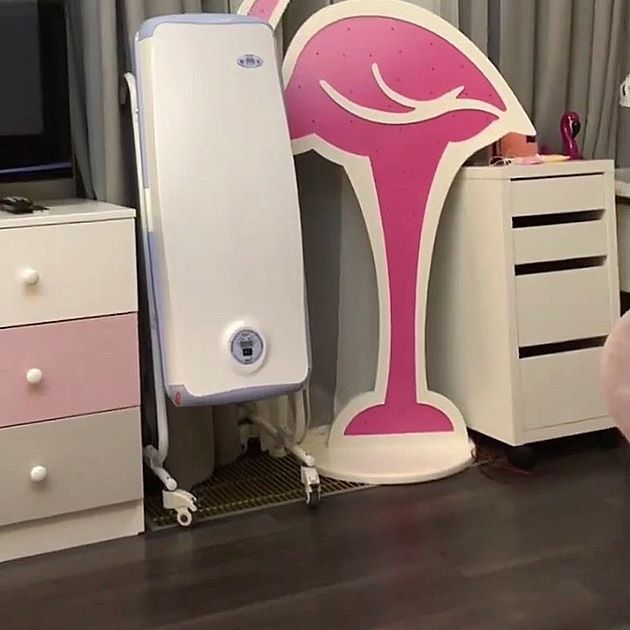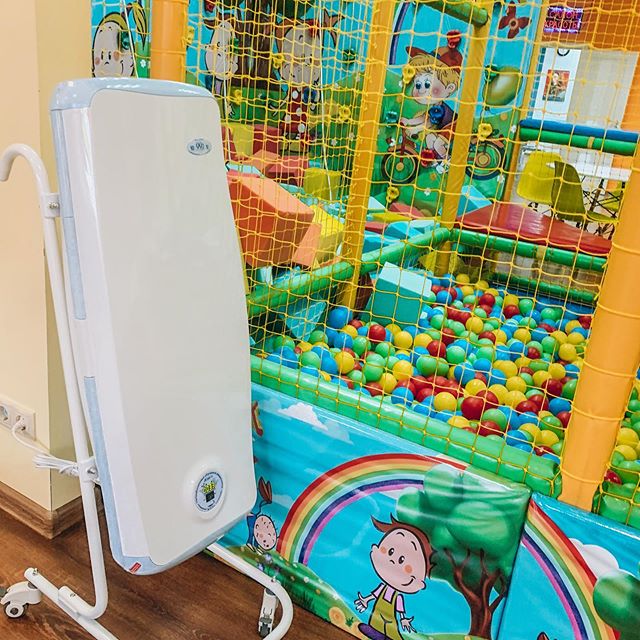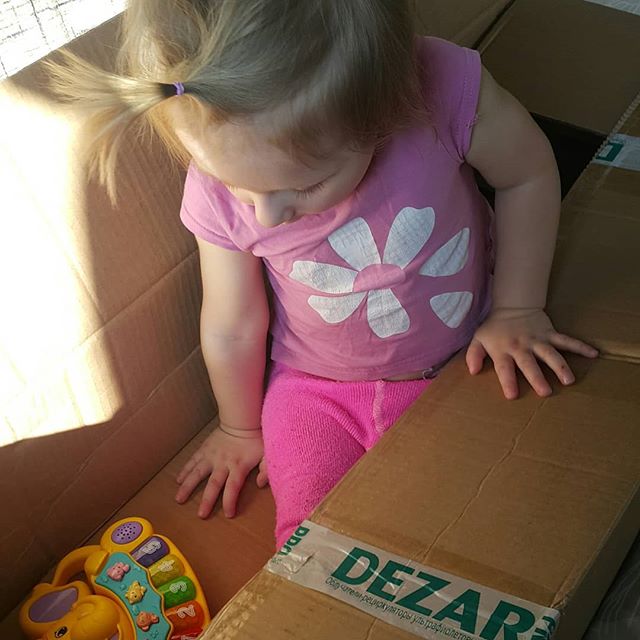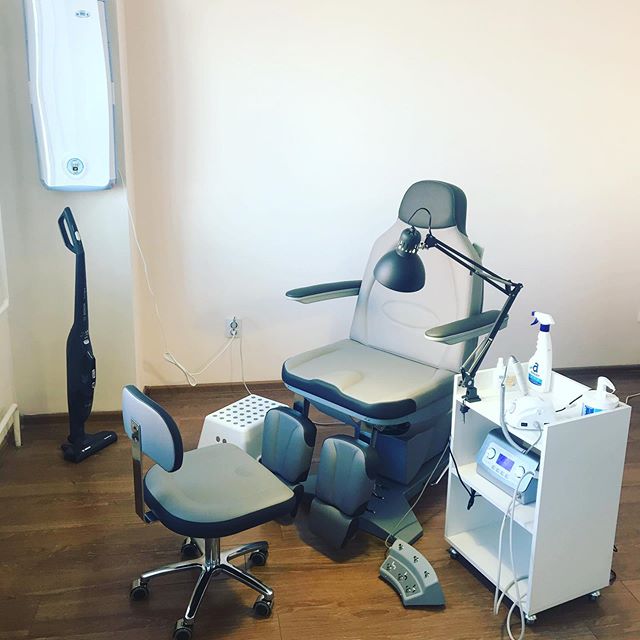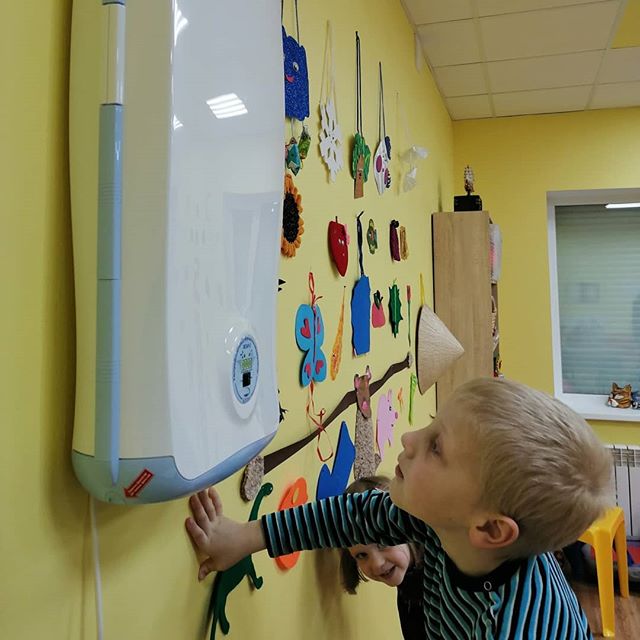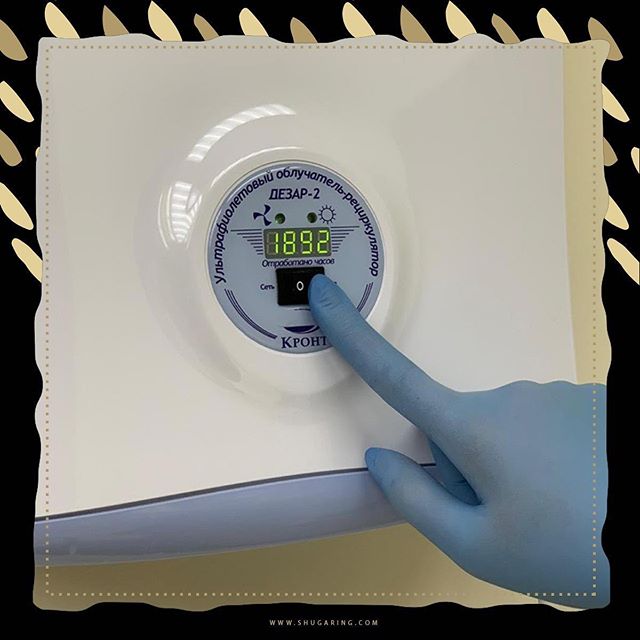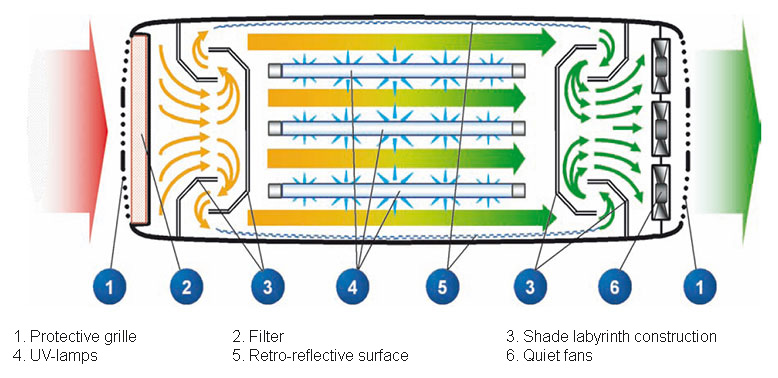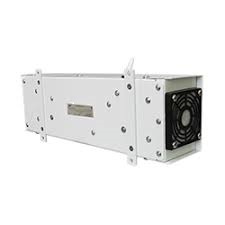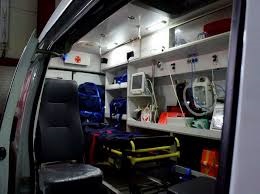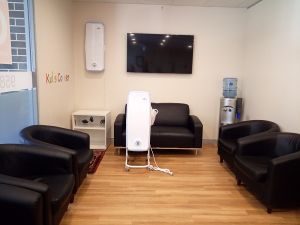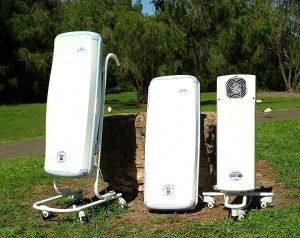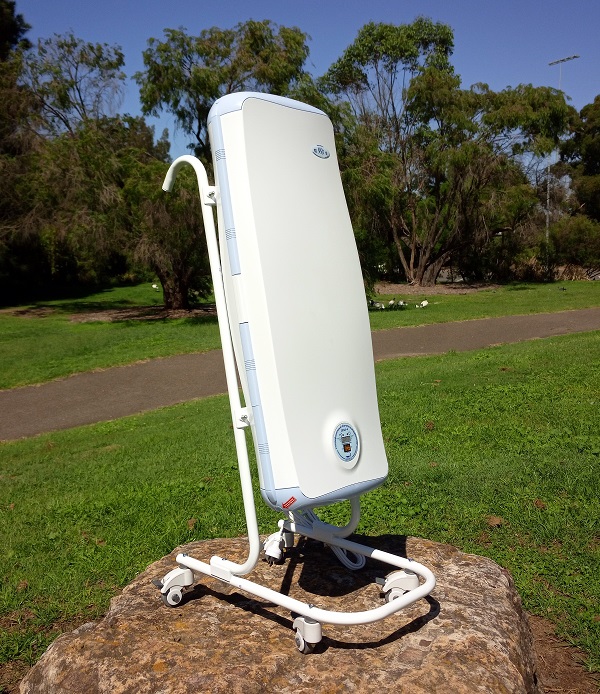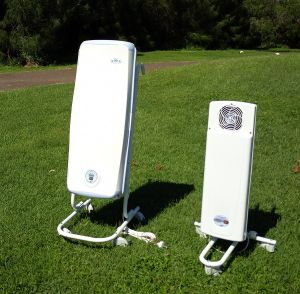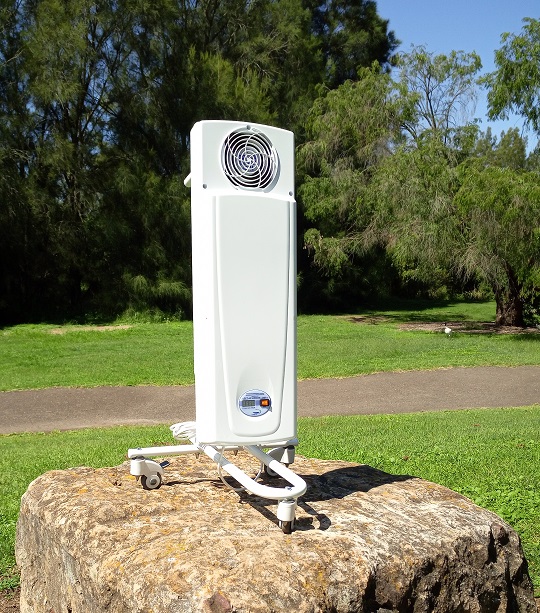Where are Dezar device used?
Dezar ultraviolet bactericidal devices should be used in rooms with an increased risk of spreading infection pathogens, due to possible microbial contamination of the air and surfaces in medical treatment, production and public institutions. The absence of direct UV rays and ozone makes DEZAR recirculators absolutely safe for use in the presence of people.
What is the antimicrobial effect of Dezar's ultraviolet radiation?
The antimicrobial effect of Dezar ultraviolet radiation, which is part of the spectrum of electromagnetic waves in the optical range, manifests itself in destructively modifying photochemical DNA damage in the cell nucleus of microorganisms, which leads to the death of a microbial cell in the first or subsequent generation.
Which microbes are sensitive to the effects of Dezar's ultraviolet radiation?
Viruses and bacteria in a vegetative form (sticks, cocci). Less sensitive fungi and protozoa. Spore forms of bacteria are most resistant. Microorganisms belong to cumulative photobiological detectors, therefore, the result of the interaction of the bactericidal radiation of Dezar and the microorganism depends on its type and on the radiation energy absorbed by the cell, i.e. proportional to the bactericidal dose (exposure).
What is the effectiveness of Dezar?
February 22, 2006 the Russian Research Institute of RAMS tested Dezar DEZAR-7 and DEZAR-4 to disinfect indoor air from viruses: human influenza A (H1N1), bird flu A (H5N2) and parainfluenza type 1. These tests have confirmed the high efficiency of the use of ultraviolet irradiators Dezar to combat bird flu. Especially effective is the use of DEZAR during a dangerous epidemic situation. DEZAR prevents the spread of infections such as influenza, acute respiratory infections, diphtheria, tuberculosis and many others by disinfecting indoor air. In addition, scientists have found that the SARS virus, an epidemic of which has swept almost the whole world, is sensitive to ultraviolet radiation, which means DEZAR is effective in combating the spread of this disease. Older models of Dezar's ultraviolet bactericidal irradiators (Dezar-6 and Dezar-8) are effective against microorganisms that are resistant to ultraviolet radiation (for example, tuberculosis mycobacteria).
Is Dezar safe?
All models of irradiators-recirculators DEZAR, are specially designed to exclude harmful effects on humans, for use in the presence of people. Recirculators are illuminators of a closed type, in which ultraviolet lamps are located inside the enclosed space of the casing, which prevents UV radiation hazardous to humans from coming out, which is in full accordance with paragraph 3.2 of Sanitary Rules 1.2.2353-08.
How long can Dezar work?
In the presence of people, the recirculator can operate continuously for the entire time necessary to maintain the level of microbial contamination of the air.









